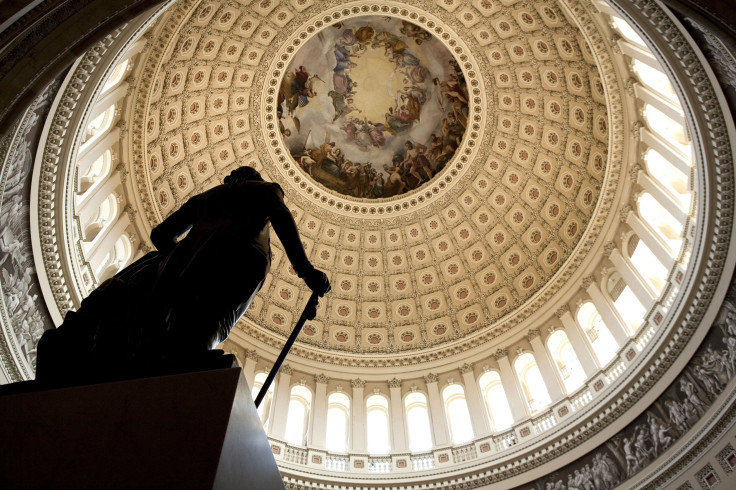Government Shutdown 2013: Countdown To Zero Hour

The last time this happened, Bill Clinton was president and the radical Republican faction was led by Speaker of the House Newt Gingrich. Today, the president is Barack Obama and the Republican hard-liners are a leaderless band of tea party-backed Congressional freshmen, with the speaker, John Boehner, unsuccessfully trying to broker a moderate compromise. But the result may be the same as it was 17 years ago: a government shutdown.
The federal government may find itself, at midnight on Oct. 1, without any funds appropriated at the beginning of the 2014 fiscal year. It would have to stop all nonessential services and keep open only what it can't absolutely stop providing, such as air traffic control and keeping the war in Afghanistan going. This is a near-exact replica of the twin shutdowns of November 1995 and December to January 1996 -- with the notable exception that back then, the United States was not engaged in an armed conflict while at the helm of an international coalition in a distant land.
In summary, this is what the shutdown would cause in practical terms:

© Copyright IBTimes 2024. All rights reserved.












